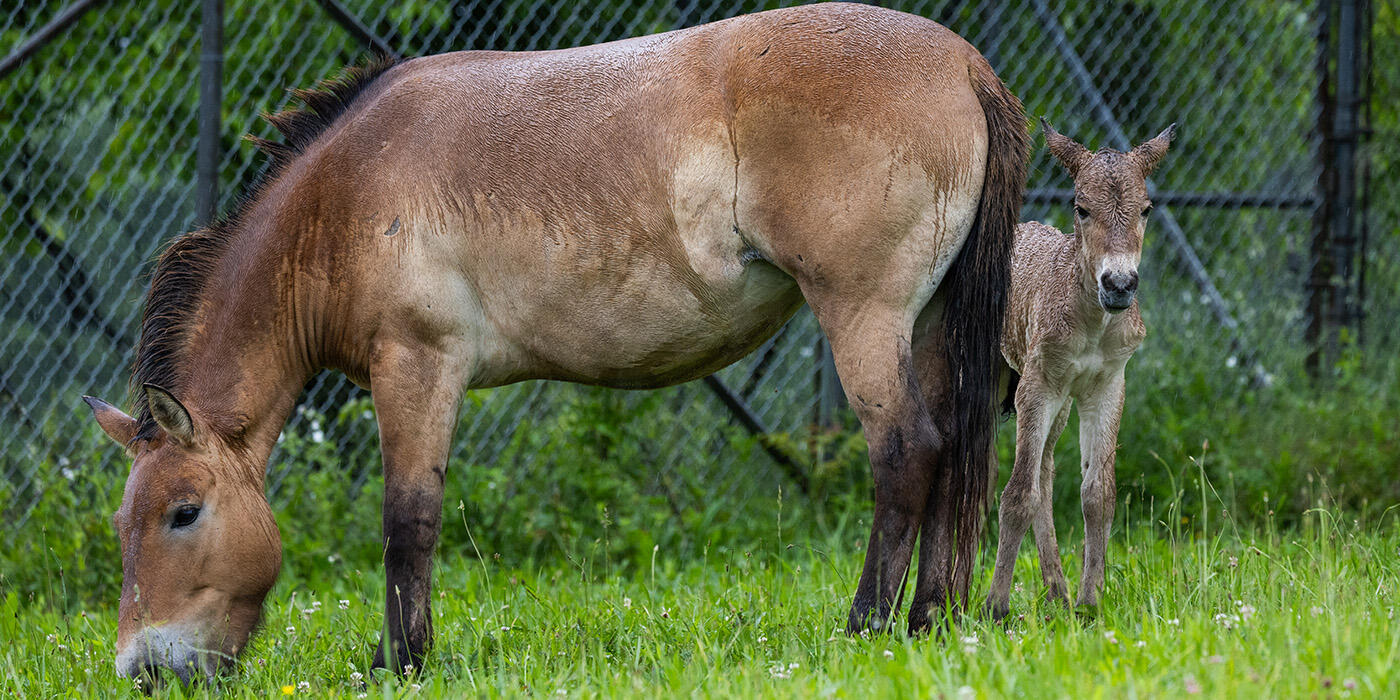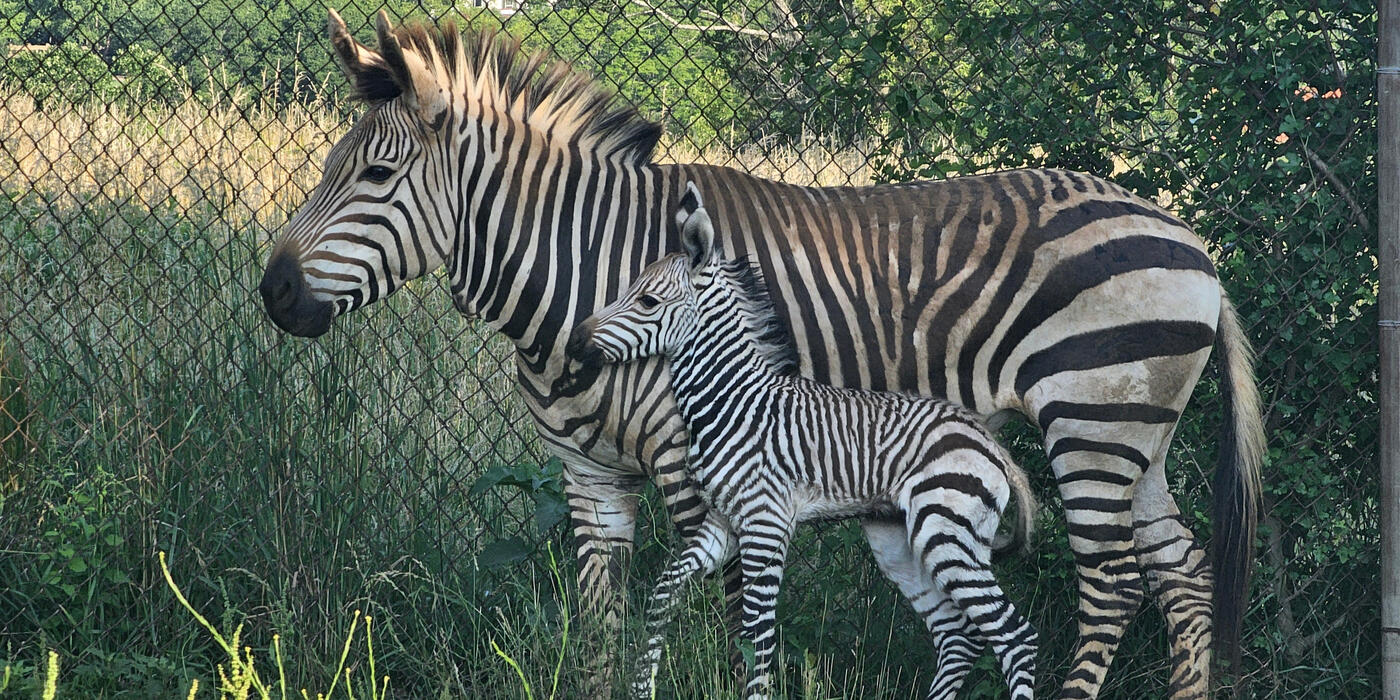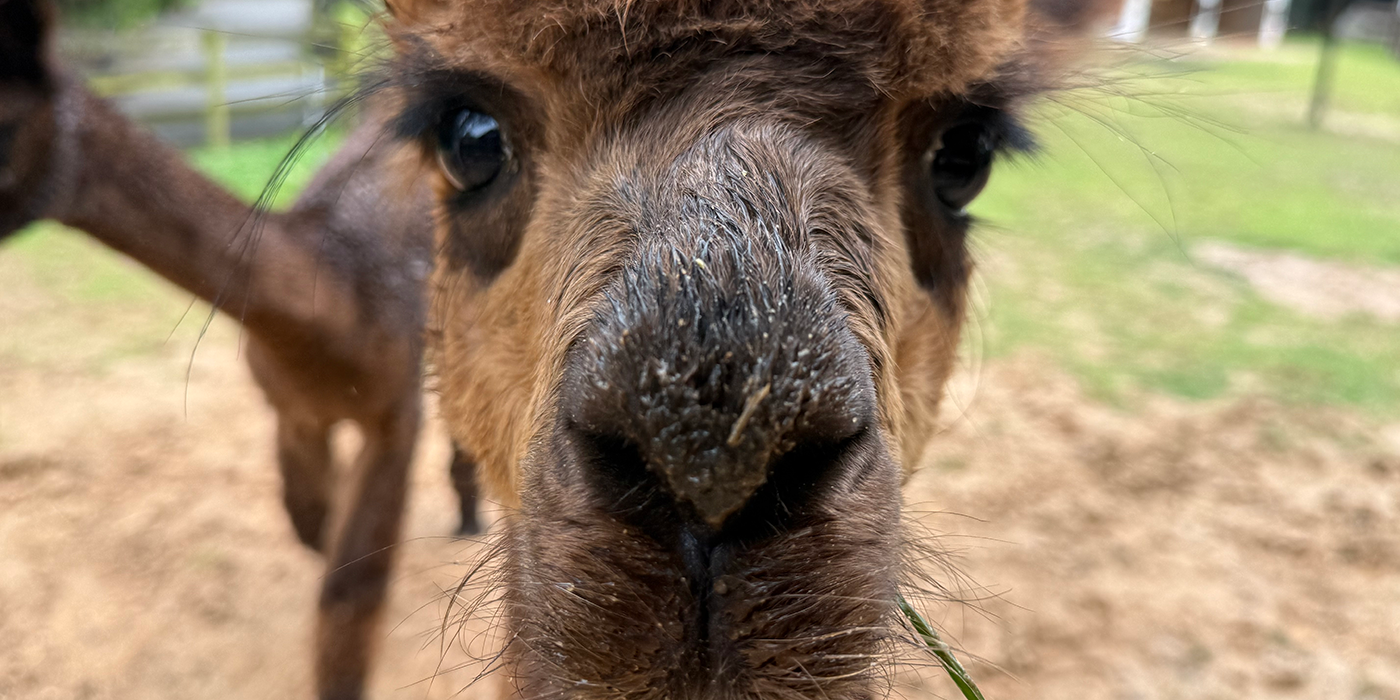Celebrating National Veterinary Technician Week: 2023
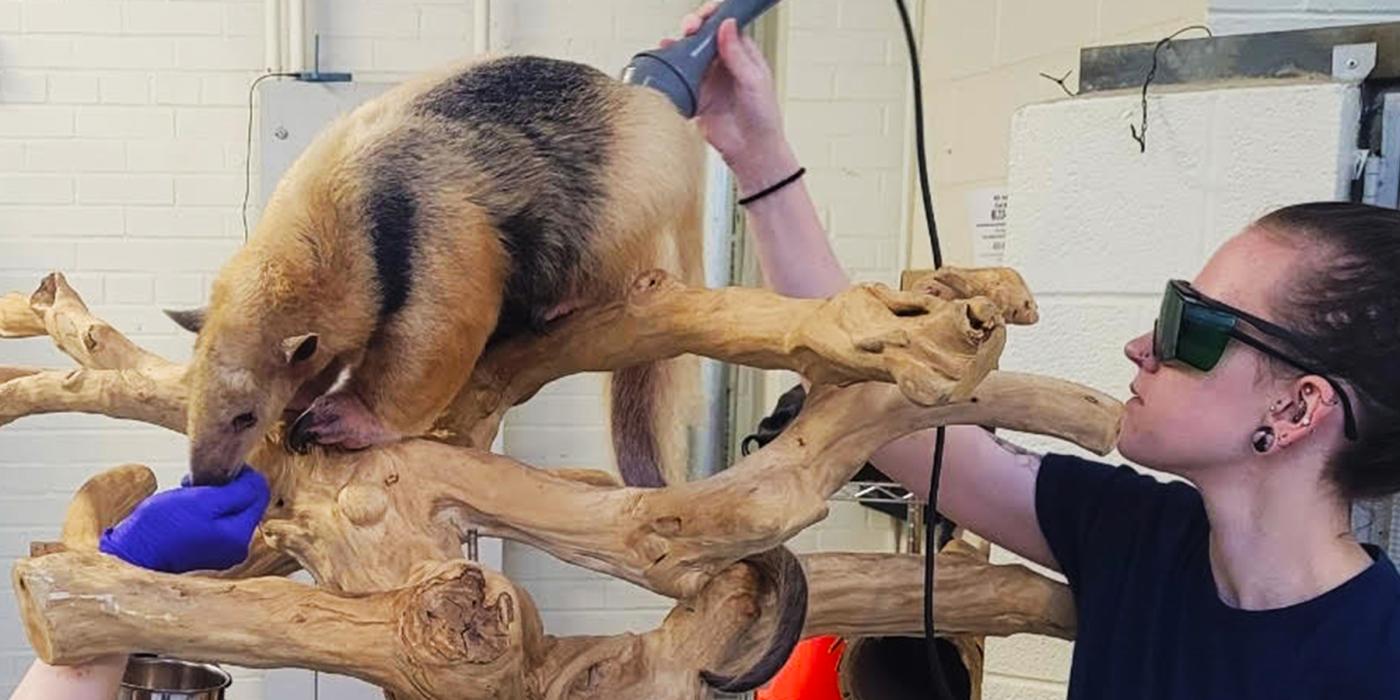
Happy National Veterinary Technician Week! At the Smithsonian’s National Zoo and Conservation Biology Institute (NZCBI), vet techs play a major role in keeping our animals healthy. Every day, they participate in clinical and laboratory procedures, performing jobs similar to nurses, nurse anesthetists, radiology technicians, dental hygienists and phlebotomists.
No matter the task, our vet techs provide top-notch medical care to each and every patient. Meet some of the dedicated professionals who go above and beyond for the animals in our care.
What do you enjoy most about your job?
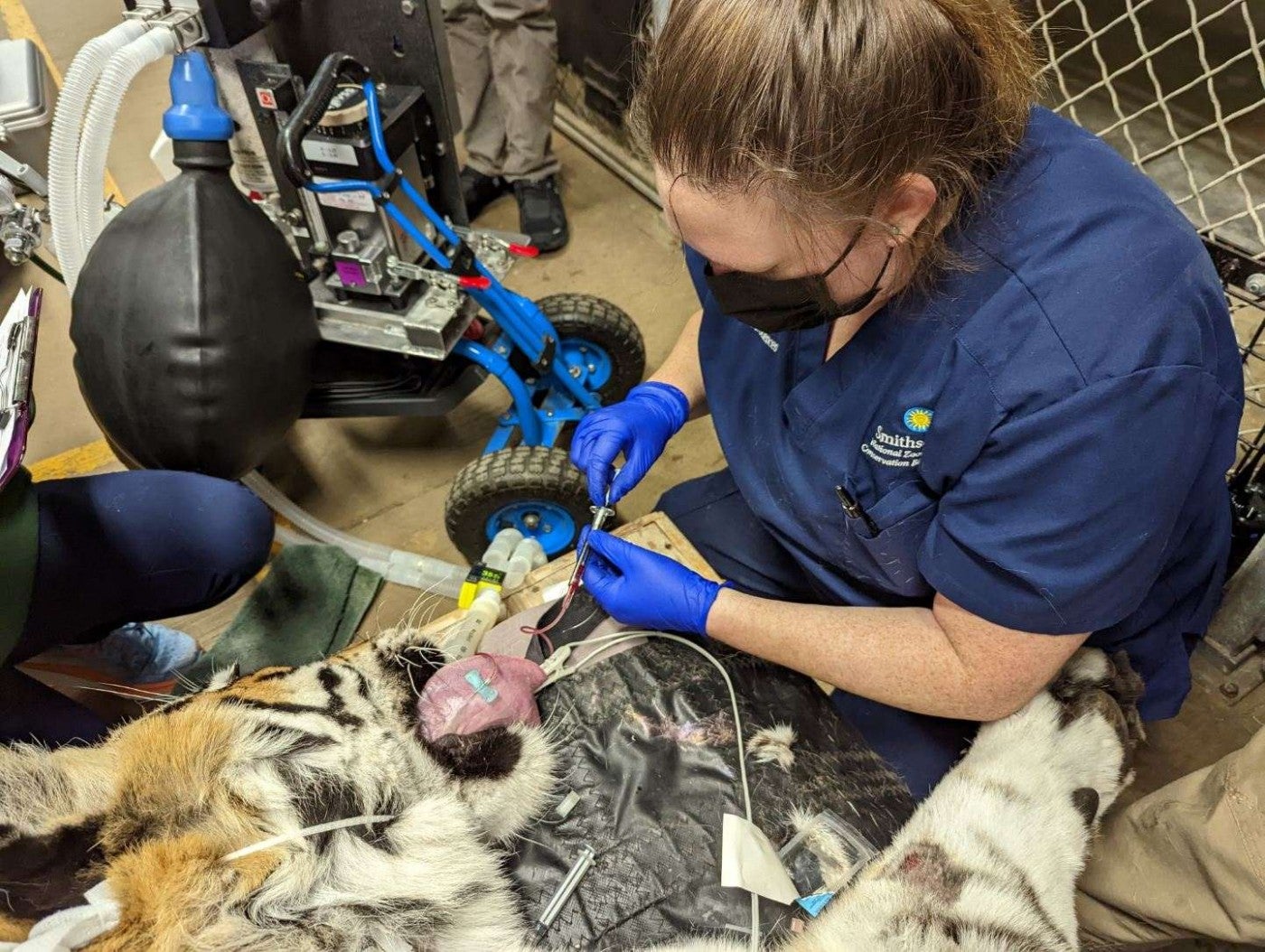
“Even after 12 years, I love absolutely everything about my job as a certified veterinary technician. Every day, I am able to practice medicine from multiple disciplines—from anesthesia, phlebotomy, dentistry and radiography to surgical nursing, emergency and critical care, therapeutic treatments and procedural planning.
“The collaborative work brings our veterinary, pathology and husbandry departments together. The animals are incredible, as are their keepers. In our Wildlife Health Sciences program, I have the wonderful opportunity to teach and guide multitudes of veterinary preceptors, externs, interns and students. None of it ever gets old. There is always something new to learn!” – Jayne Hutcheson, certified veterinary technician
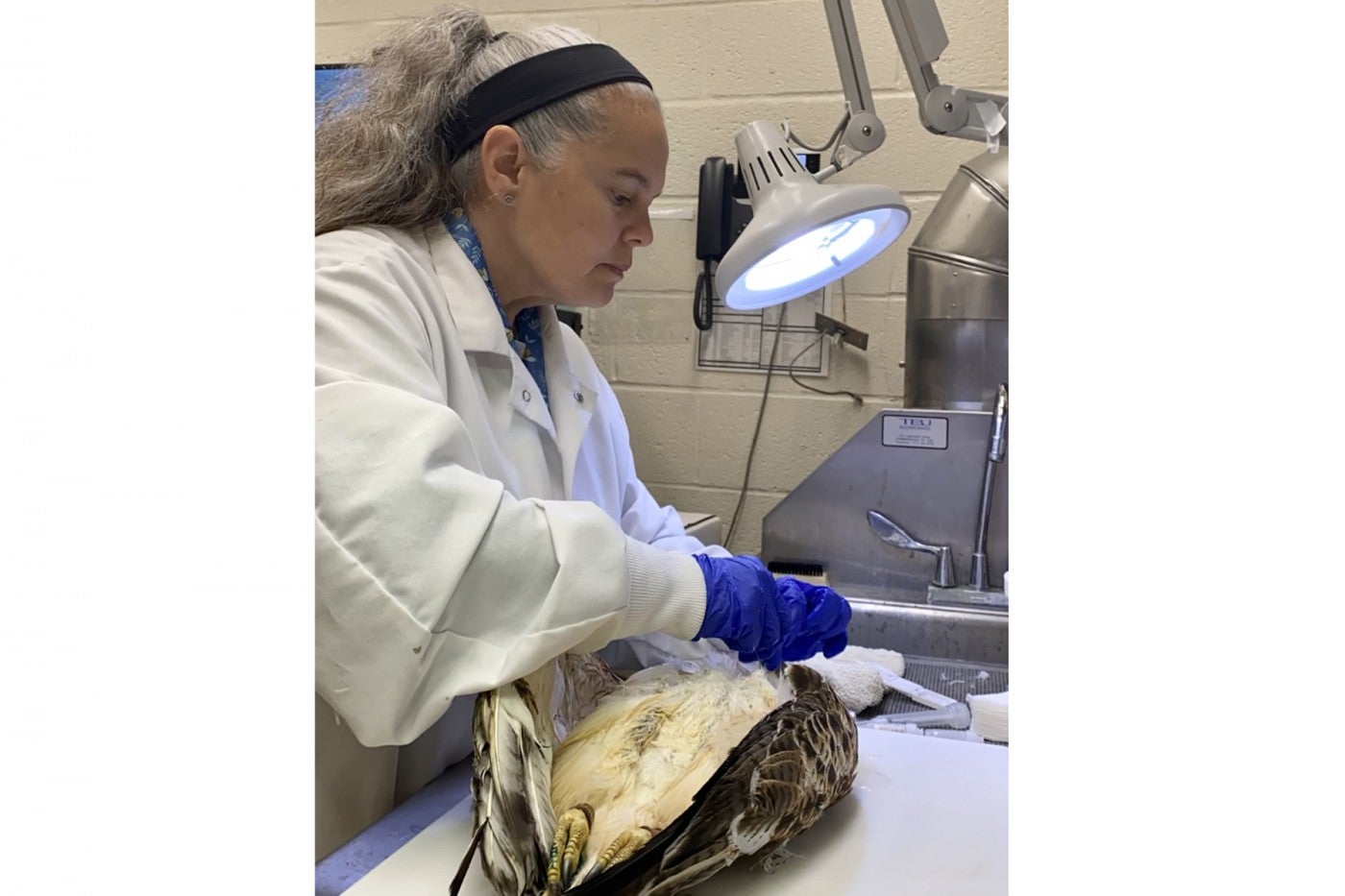
“My role as a veterinary anatomic pathology technician is unique, not only at NZCBI, but also in the veterinary profession. There are only a handful of us! A necropsy teaches us valuable information about an animal, and we share these findings with the clinical and husbandry teams. What we learn directly affects how our teams care for the animals and administer treatments. Sharing our necropsy findings is the final way to honor these animals, who have provided so much joy throughout their lives.” – Pattie Walsh, anatomic pathology technician
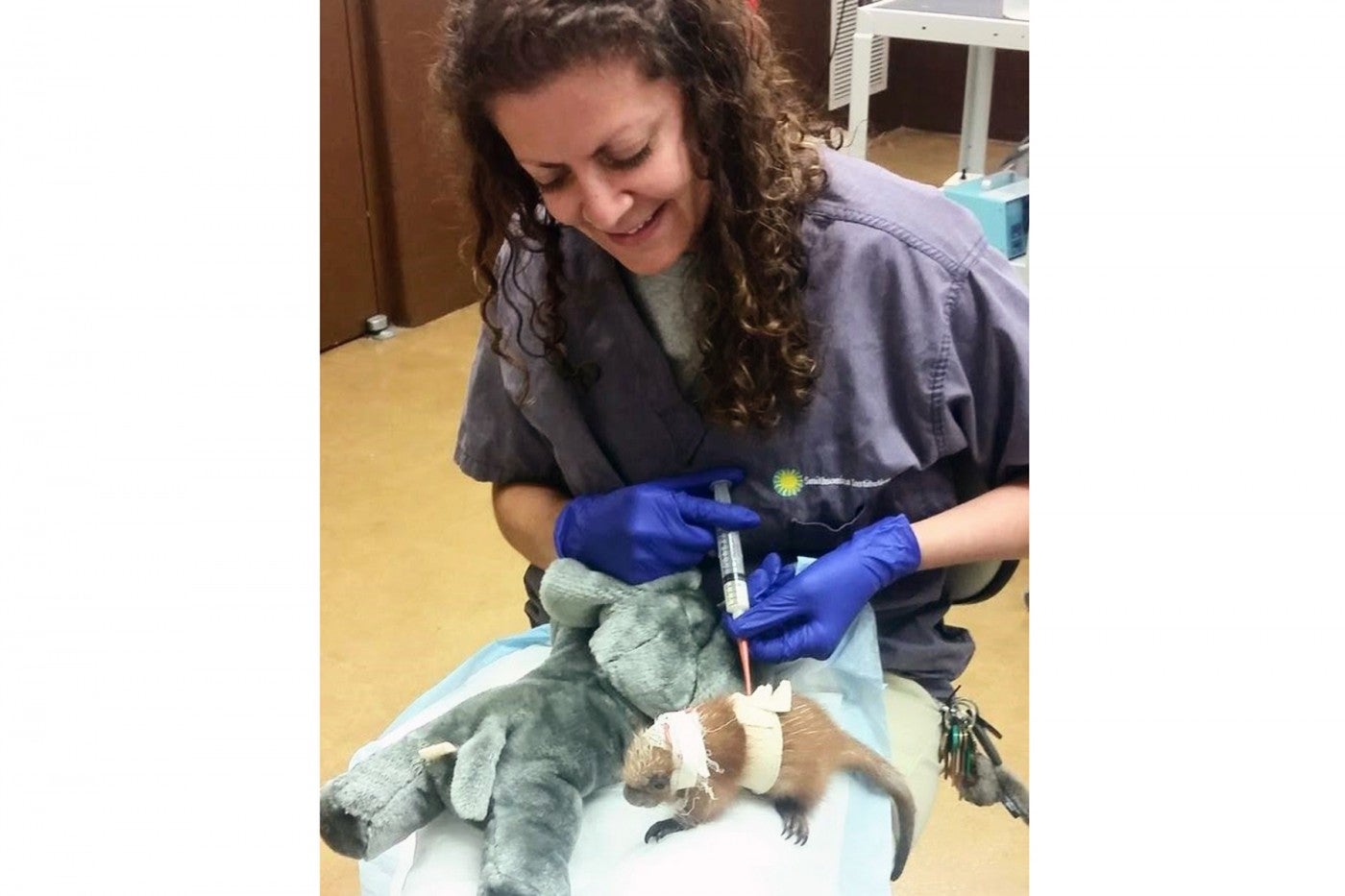
“As a licensed veterinary technician who provides support for the Zoo’s administrative needs, I enjoy the opportunity to offer a unique contribution to NZCBI’s mission of saving species. Every day, I am challenged to approach various processes with refined ingenuity and an exploration of novel ideas. As a person in constant pursuit of mental stimulation, I have found great satisfaction in the evolution of my career and look forward to its continued growth.” – Jessica Sosa, licensed veterinary technician and management support specialist
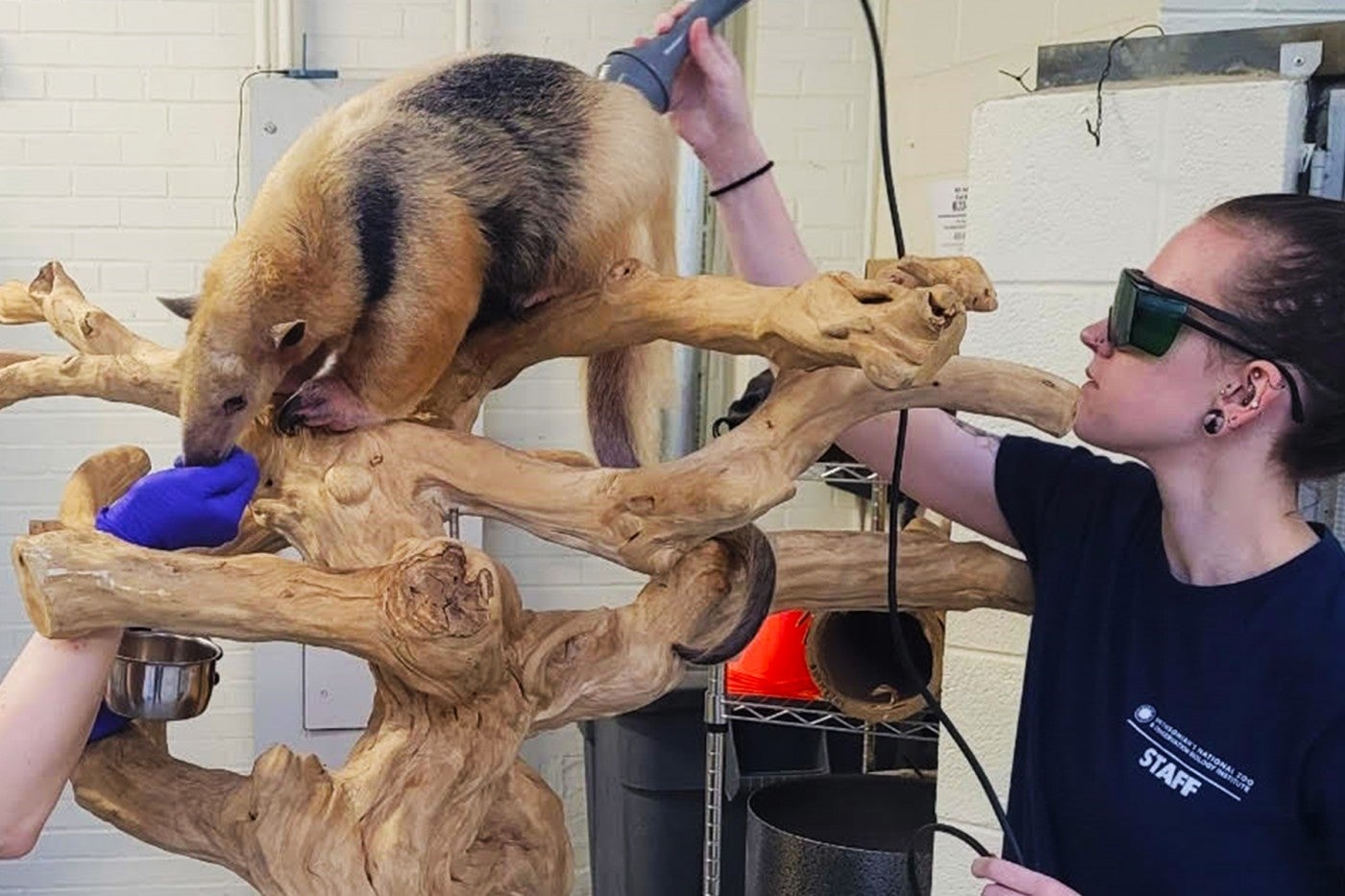
“My favorite part about my job is the variety of animals I work with. There is always something to learn that I haven’t come across before. It is amazing to play a role in the conservation and care of such amazing species.” – Alana Frum, credentialed veterinary technologist
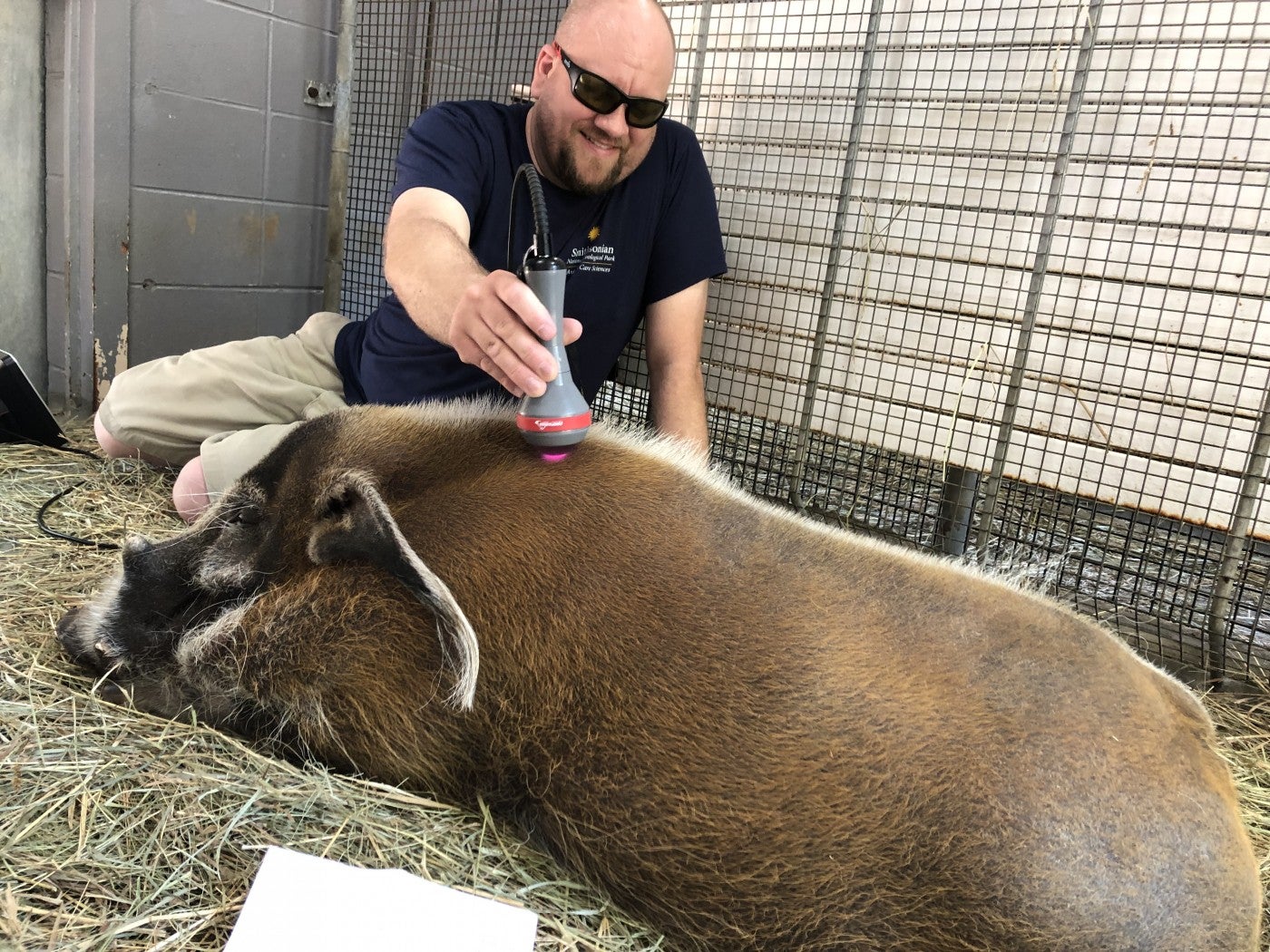
“I enjoy spending time with the animals and watching them grow throughout the years. We work in such a unique and mesmerizing place.” – David Olsen, veterinary technician
What advice do you have for those who are interested in becoming vet techs?
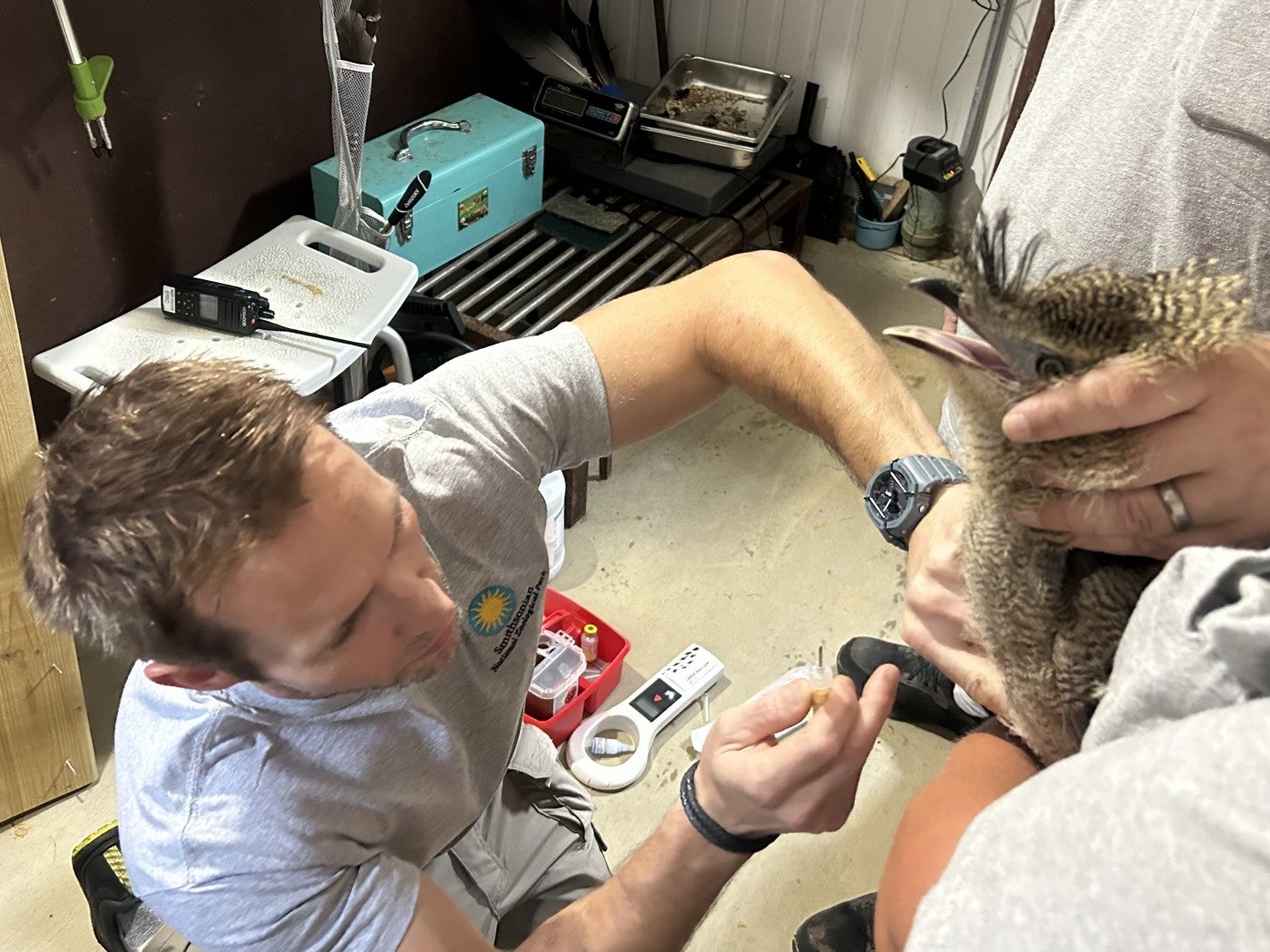
Jonathan Lorenzo places a transponder on a red-legged Seriema chick that hatched at the Bird House.
“Search for wellsprings of knowledge on the natural world and conservation with particular attention to zoology. Actively pursue hands-on experience in clinical, laboratory and field work, networking along the way. Among your higher education stops, attend an accredited school for veterinary technology and pass the board exam to become licensed.
“Learning is a lifelong and collaborative process. Look for ways your skills and perspective can benefit the animals and caretakers around you. Pay it forward to those who are receptive and passionate about saving species.” – Jonathan Lorenzo, clinical veterinary technician
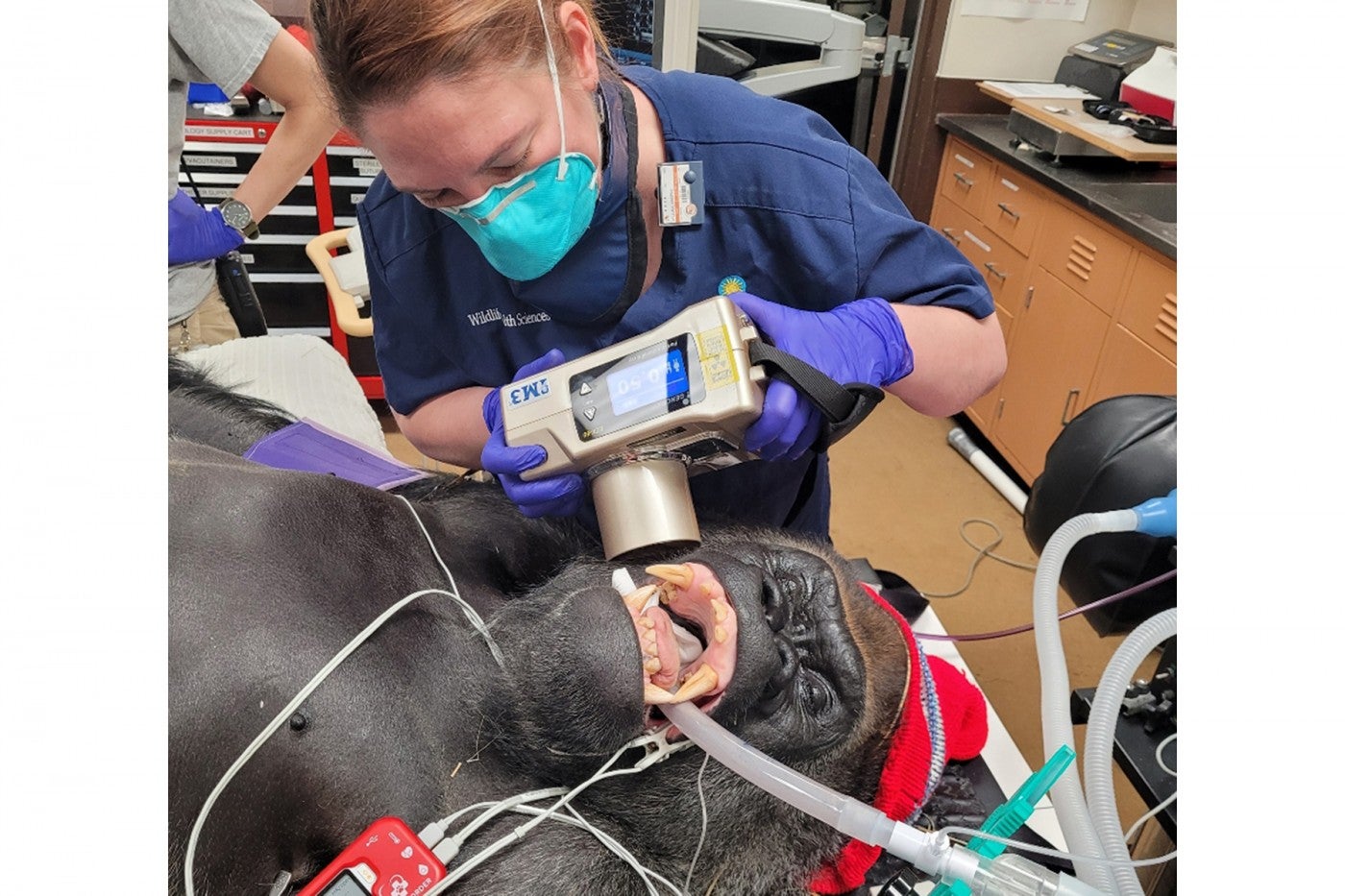
“Get involved! Animal care is super rewarding, but a lot of hard work. Volunteer and internship programs are readily available at almost every animal care facility. Show your initiative and passion, and you will gain valuable experience to get you further into this competitive field.” – Kristine Williams, licensed veterinary technician
This story appears in the November 2023 issue of National Zoo News. Want to learn more about how keepers care for animals? Don't miss Celebrating National Zookeeper Week: 2023.

